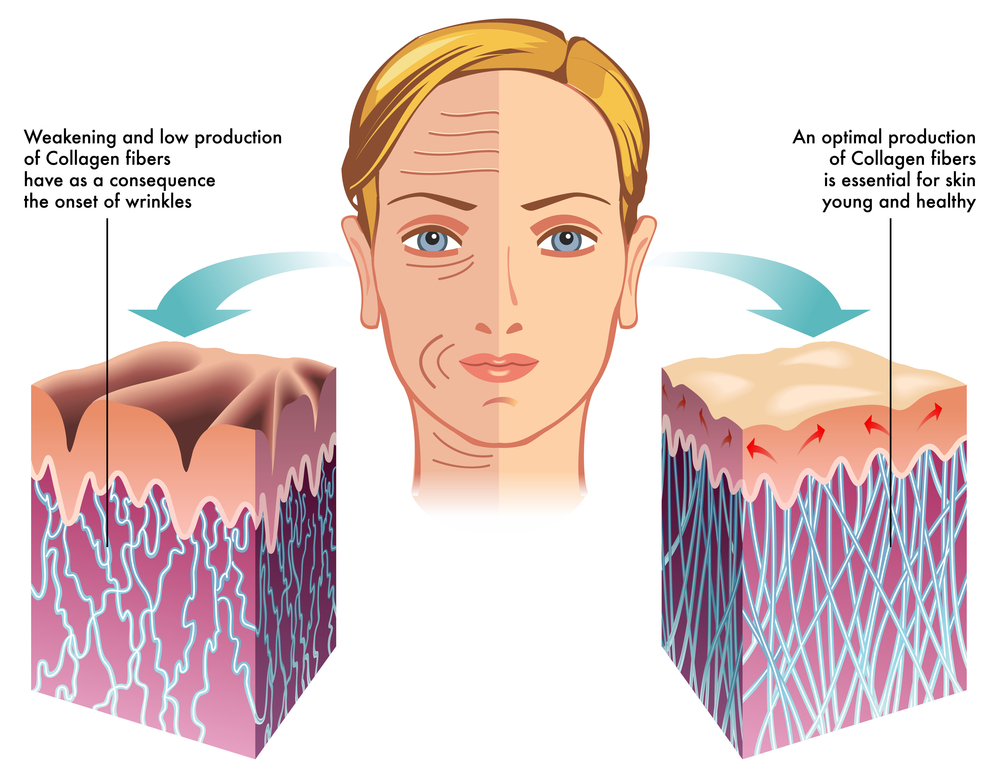Your blood type is passed to you by your parents. Blood types are type A, type B, type AB, and type O. Within these types there is an Rh factor that goes into naming the type of blood you have as well. If your blood cells have the Rh factor antigen then your blood is positive, if your cells do not have the antigen, then your blood is negative.
Blood type AB negative is the most rare. While O positive type blood is the most common. Two parents that both have type O blood will always have a child that has type O blood as well. Two parents who have type B will either have a child with type O or type B. Two parents who have type A blood will have a child that has either type O or type A blood. A type A and a type B person’s child can have any blood type.
Rh null blood is also known as golden blood. This is an extremely rare type of blood that contains no Rh antigens in the red blood cells. It is thought that 1 out of every 6 million people have this rare type of blood. People who have golden blood though can suffer from a type of anemia that they can only receive blood from another person with Rh null. Because this type is so rare there is a special blood bank for people who have Rh null blood to donate on a regular basis.
Why should you know your blood type?
Blood type isn’t just important to know for transfusion reasons, or in case of an emergency. Your blood type can also play into your risk for other diseases and conditions. Studies are starting to show that the type of blood you have can increase your risk of certain medical conditions. Though your blood type is just one factor into your health, it can be important to know what your blood type is to see if it may play into an increased risk of certain diseases.
Health Risk Based On Your Blood
Dementia & Heart Disease
Types A, B, and AB carry a gene called the ABO gene. The only blood type that does not have this ABO gene is type O. Having this ABO gene increases your risk of heart disease and heart attack.
The ABO gene is also connected to brain function and memory loss. It is 82% more likely for someone who carries the ABO gene to develop cognitive and memory problems. This can ultimately lead to dementia. It is thought that this happens because blood types A, B, and AB tend to have higher blood pressure, higher cholesterol, and diabetes, leading to a higher risk of dementia, heart diseases, heart attack, and stroke. In one study it showed that type AB had an even higher risk for memory problems.
Stomach & Pancreatic Cancer
People who have A, B, or AB type blood are also at higher risk for some cancers. H.pylori bacteria that is found in the stomach that causes inflammation and ulcers is very common in people who have type A blood. This bacteria is linked to stomach cancer as well as pancreatic cancer.
Stress
Stress can also be harder to handle for people with type A blood. People with type A blood have been shown to have higher levels of cortisol, or stress hormone, in their body causing it to be harder to handle stress.
Malaria
Type O blood may save you from Malaria. The parasite that carries malaria has a harder time attaching to O blood cells.
Longevity
People with type O blood tend to live longer. This may be due to their decreased risk of heart disease and heart attacks.
Infertility
In some cases it has been studied that type O blood may cause low levels of fertile eggs. Your blood type may not play a role on when you get pregnant, but it may play a role on how easily you become pregnant.
Hashimoto’s Disease
Type O blood may also cause an increased risk for Hashimoto’s disease.
Autoimmune Disorders & Diabetes & Lupus
There has been some research in linking types of blood and the risks of autoimmune disorders. Autoimmune disorders are conditions where the immune system attacks healthy cells. Type 2 diabetes is an autoimmune disorder. With diabetes in some studies it has shown that type O blood has a lower risk of developing type 2 diabetes. While types A and B have a much higher risk.
In a study about lupus blood types A and B seemed to show more severe symptoms than other types of blood.
Rheumatic Disease
Rheumatic Disease is a name for almost over 200 conditions that cause joint pain. Type A blood has a higher risk of spondyloarthropathy, vasculitis, Behcet’s disease, and rheumatoid arthritis. All of these being Rheumatic diseases. Type O blood showed a higher risk of developing familial Mediterranean fever, systemic lupus erythematosus, Sjorgen’s syndrome, and systemic sclerosis.
All Rheumatic diseases were less common in type AB blood.
Takeaway
Your blood type is just one thing about you. Eating healthy, getting good exercise, and living a healthy lifestyle can help decrease your likelihood of developing any of these diseases. Taking other lifestyle changes such as getting enough sleep and stopping smoking can also help your overall health. Knowing your blood type can help you be more aware of the potential risks you are more susceptible to.
Help improve mood, memory and cognition with Revive-It-All!
Do you know your blood type? Your blood type can be linked to certain health risks! #HealthSurgeon
READ MORE: Brain Health: Protecting Your Memory
Sources:
https://www.pennmedicine.org/updates/blogs/health-and-wellness/2019/april/blood-types#:~:text=Heart%20Attack%20and%20Heart%20Disease&text=But%20your%20blood%20type%20can,this%20gene%20is%20Type%20O
https://www.webmd.com/a-to-z-guides/ss/slideshow-how-your-blood-type-affects-your-health
https://www.healthline.com/health/blood-type-and-autoimmune-diseases#bottom-line
https://www.healthline.com/health/rarest-blood-type#rarest-typehttps://www.nm.org/healthbeat/healthy-tips/what-does-your-blood-type-mean-for-your-health









